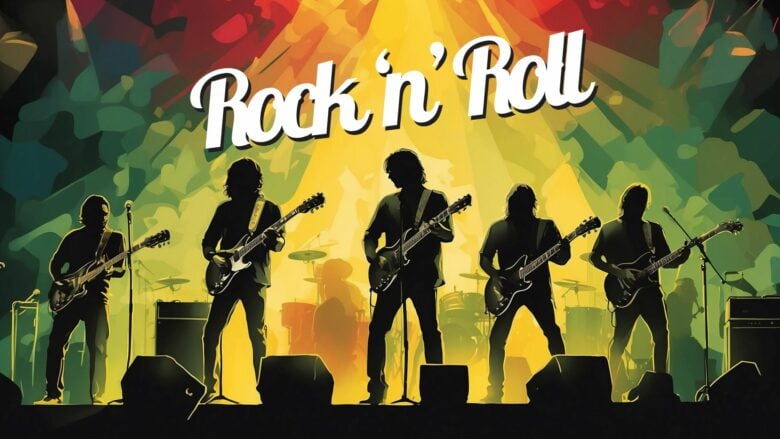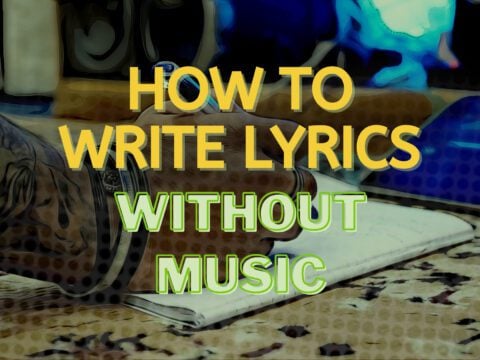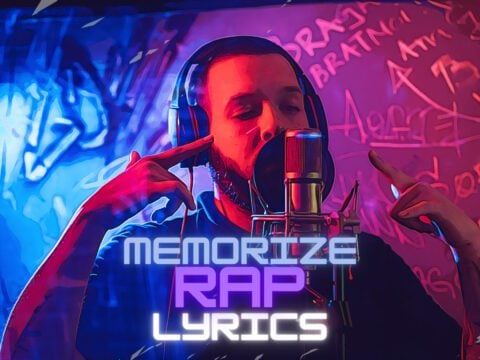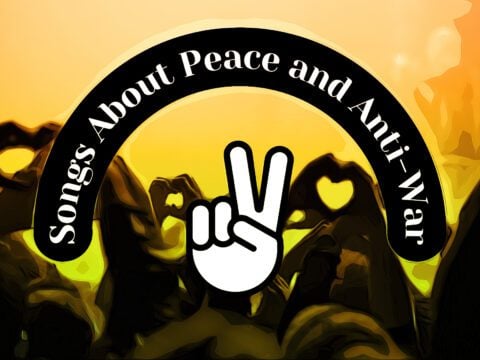![]() Still Unsure
by
Danny Lee Salazar
Still Unsure
by
Danny Lee Salazar
Still Unsure is one of my favorite songs that I have written. It's about uncertainty in relationships. The longing for a toxic love despite the known faults and hurdles. I really like the chord progression in this song. The melody of the music along with the harmony of the vocal line really make for a great song. -Danny Lee Salazar 2025
![]() Tonight Alone
by
Danny Lee Salazar
Tonight Alone
by
Danny Lee Salazar
"Tonight Alone" is about reflecting on oneself and taking an evaluation of self-conflicts and trying to understand the reasons behind one's actions and decisions based on a current situation. I wrote these song lyrics at a dark time in my life. The lyrics of this song are some of my favorites. -Danny Lee Salazar 2025
![]() Tomorrow Brings A Storm
by
Danny Lee Salazar
Tomorrow Brings A Storm
by
Danny Lee Salazar
Tomorrow Brings a Storm is about the trials of substance abuse and addiction in relationships. I wrote this song when I was in Las Cruces, NM. It's a difficult topic to write about. Unless you've been in that situation. It often ends in tragedy. -Danny Lee Salazar
I think the song Semi-Pro is basically about the struggles of being an artist, being stuck somewhere between amateur and professional (“semi-pro”), and trying to stay true to yourself while surviving financially. The singer knows they have talent ("I sing and dance and paint better than pro"), but they’re not fully established yet (semi-pro), which means they still have to hustle for money ("Help me fund me, pay for my latest show").
![]() Deafening Silence
by
Serj Tankian
Deafening Silence
by
Serj Tankian
Once upon a time in shimmy-land, boy loves boy but they can't be together because ամոթ է. Boy then rebounds with girl, makes her sing a sad tune about other boy and marries her. Several years later girl finds out, is angry but they can't divorce because ամոթ է. So they strike a deal: each gets a quid (g/d) pro quo (d/g) so that the sham can continue without shame. For nobody ever talks about shameful things here in shimmy-land, where all's well that ends up drowned in a silent well.
This playfully provocative track explores the classic "good girl gone bad" fantasy through the lens of early 2000s punk rock attitude. 🔥 The narrator craves someone edgier - someone with tattoos, vinyl outfits, and a rebellious streak - despite appreciating their partner's kindness. The repetition of "bad, bad, bad" creates an almost desperate enthusiasm that captures the thrill of wanting someone to break character. There's an interesting tension between appreciation ("I know your arms are open wide") and dissatisfaction ("You're a little on the straight side"), revealing how we sometimes romanticize what we don't have. The lyrics cleverly contrast conventional niceness with rebellious sexuality, suggesting that predictability, however comfortable, can dampen desire. The song perfectly encapsulates that contradictory human tendency to want the "good" person to show their wild side, all while maintaining their underlying goodness. #PunkLove #GoodGoneBad #Y2KNostalgia
![]() The Giver
by
Chappell Roan
The Giver
by
Chappell Roan
Beneath the playful swagger lies a bold anthem of feminine sexual confidence and prowess. The narrator subverts typical country music masculinity, positioning herself as someone who doesn't need flashy displays of machismo but rather delivers satisfaction through natural talent. Using clever double entendres throughout ("mating calls," "rhinestone cowgirl"), the lyrics create a cheeky celebration of giving pleasure rather than taking it. The chorus emphasizes reliability and skill with its repeated "I get the job done" refrain, establishing the singer as confidently capable in intimate encounters. The country music framework gives the sexual themes a distinctive flavor, playing with and inverting rural American archetypes. Overall, the lyrics evoke empowerment, self-assurance, and unabashed sexuality through direct, confident phrasing wrapped in country music imagery. #FemmeForward #CountryConfidence #PleasureGiver
In the shadowy aftermath of a relationship's unraveling, these lyrics paint a portrait of desperate longing and regretful attachment. The narrator clings to memories ("live in the past") while simultaneously offering complete vulnerability ("give you the wheel"). There's a painful cycle of dependency revealed through the repeated refrain "I'm calling you back, don't wanna be alone," showcasing how loneliness can drive us back to relationships that hurt us. The contrast between empowerment ("mama told me keep it real, I can do anything") and emotional surrender creates a compelling tension. By the end, acceptance emerges with "I guess I messed up, babe, I deserve this," suggesting a bittersweet recognition of one's role in the relationship's demise. The "out of service" metaphor perfectly captures the finality of being unable to reconnect, despite desperate attempts. The imagery of leaving "diamonds on the bed to hold your place" emphasizes both luxury and emptiness – material wealth cannot replace human connection. #ToxicAttachment #BreakupRegret
Through provocative wordplay and unapologetic assertions of dominance, these lyrics construct a bold manifesto of female empowerment and sexual agency. The artist positions herself as royalty ("motherfuckin' princess") while claiming iconic status through comparisons to cultural figures like Madonna and Grace Jones, establishing her place in a lineage of boundary-pushing women. The repeated wake-up call in the hook serves as both literal and metaphorical—challenging listeners and rivals to acknowledge her presence. Themes of financial independence ("Put the motherfuckin' money in my motherfuckin' hands") and dismissal of criticism ("I could really give a damn") reinforce her autonomy. The explicit sexual imagery creates deliberate discomfort, inverting traditional power dynamics where women are typically objectified. The recurring contrast between vulnerability ("A-cup") and strength ("I'm a real fly bitch") highlights the complexity of contemporary femininity, where embracing sexuality becomes an act of reclamation rather than submission. This tension between contradictory elements evokes feelings of defiance and self-assurance, celebrating liberation through the very language once used to constrain.
The highway of love can be measured in glances and touches rather than miles traveled together. In this poignant exploration of a fading relationship, Sara Kays uses driving as a powerful metaphor for emotional distance. The contrast between past and present is stark - once, her partner would look at her lovingly while driving, hand on her leg; now, they're rigidly focused on the road, avoiding connection. Traffic lights symbolize opportunities for reconnection that never come. The narrator's heartbreaking wish "I wish we would stop at a red and you'd turn to say, you love me again" reveals her desperation for acknowledgment. The irony is devastating: technically safe driving now feels emotionally dangerous ("your safe driving has me scared for my life"). The recurring chorus emphasizes the unchanging pattern of disconnect, no matter what opportunities arise. Kays brilliantly transforms everyday moments into emotional landmarks, making us feel the ache of sitting beside someone physically close yet emotionally unreachable. The uncertain future hangs heavy in lines like "I get in your car and think 'Is this the last time?'" capturing that universal fear when love seems to be slipping away.
End of content
That's all we got for









